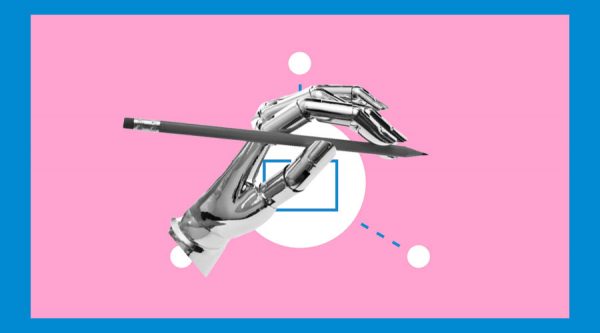When it comes to maximising the potential of emerging technologies like artificial intelligence, data serves as a vital building block. In line with this idea, the Ministry of Electronics and IT (MeitYNational )’s eGovernance Division (NeGD) recently hosted an AI Pe Charcha (AI Dialogue) where panellists explored the significance of and strategies for facilitating access to high-quality datasets for AI.
For government officials, AI enthusiasts, AI practitioners, young, and those who wish to understand the importance of data in accelerating the AI innovation ecosystem, the discussion was interesting. It was moderated by Shri Abhishek Singh, President & CEO, NeGD.
Shri Srikanth Velamakanni, Group CEO of Fractal Analytics, Shri Gaurav Godhwani, Director and Co-Founder of CivicDataLabs, and Mr. Umakant Soni, Co-Founder and CEO of ARTPARK were on the panel for this AI Pe Charcha session.
Shri Abhishek Singh discussed some of the major government of India measures to improve access to high-quality datasets in his introductory remarks, highlighting the significance of data for artificial intelligence and the National Data Governance Framework policy.
The distinguished panellists discussed the state of the open data ecosystem, difficulties in gaining access to high-quality datasets for AI, the role of many stakeholders in assuring ethical use of data for innovation, and India’s future.
The recently released report “Unlocking Potential of India’s Open Data” was also covered during this session, keeping with the main points of the theme. The Data Taskforce was established in 2021 by NASSCOM, MeitY, and business partners like Fractal, Microsoft, Infosys, IDFC Institute, TCS, and Amazon to make recommendations on how to maximise the potential of India’s open government data.
Shri Srikanth Velamakanni, who also served as chair of the Data Taskforce, gave a summary of the taskforce’s work over the previous six months and highlighted the most important findings. He emphasised the need of prioritising high-value datasets, implementing sensible data classification methods to prevent overclassification of data, and adopting global standards and technologies. He also stressed the significance of making open government data a policy priority.
Shri Gaurav Godhwani discussed the difficulties in finding, curating, and ensuring access to high-quality datasets under open access. He also discussed his experience in establishing open data platforms. He elaborated on the Government of India’s goals and the direction the soon-to-be-launched India Data Platform will take.
Shri Umakant Soni discussed some of the major data difficulties that new AI startups and innovators are currently facing. He explained how the lack of access to a sizable quantity of high-quality datasets hinders the commercialization and scaling up of AI solutions and offered his suggestions for igniting the Indian AI innovation ecosystem.
As a part of Responsible AI for Social Empowerment (RAISE), the first international AI summit held in India, which was organised by MeitY in 2020, the AI Pe Charcha series was started. Such efforts by the Indian government have started a much-needed conversation on AI and are likely to have a positive, real-world impact on both the economy and society as a whole.









